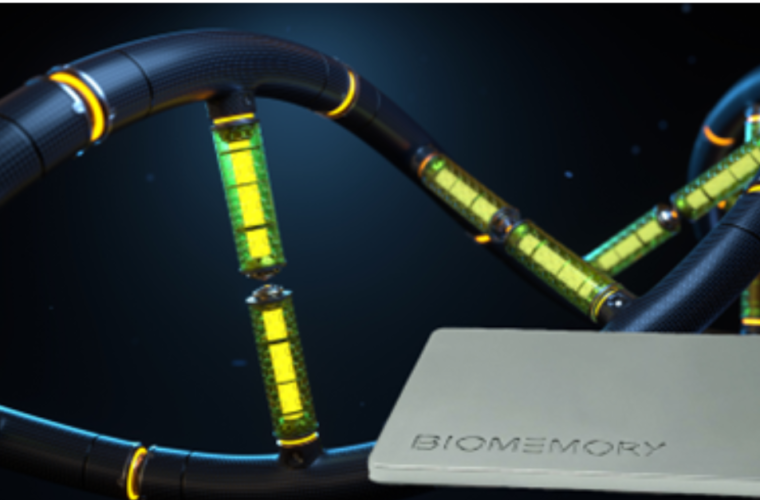Electrogenetic wearables: Swiss experiment merges Tech and DNA
In the ever-evolving landscape of health technology, fitness trackers have truly transformed how we monitor our physical well-being. From counting our steps to monitoring heart rates, these gadgets have spurred many to strive for their cardio goals with renewed vigour. But now, a groundbreaking study from ETH Zürich in Switzerland has unveiled a new frontier that could propel electrogenetic wearables into directly boosting our health – a domain previously reserved for science fiction.
The electrogenetic wearables interface
In a fusion of experimental technology, genetics, and human ingenuity, Swiss scientists have pioneered a remarkable approach that could potentially revolutionize wearable health devices. Their creation? An ‘electromagnetic’ interface – an interface that bridges the gap between digital technology and the biological complexities of our bodies. This technological breakthrough hinges on a fusion of small electric pulses, tailored genes, and strategic interventions aimed at orchestrating a symphony of health benefits.
At the core of this electrifying innovation is the concept of ‘electromagnetic’ manipulation. This novel approach, developed by Swiss researchers, involves using measured doses of electricity to trigger insulin production in test mice bearing specially engineered human pancreatic tissues. While using electrical impulses to drive biological processes might sound straight out of a sci-fi thriller, the researchers believe it could be the key to unlocking targeted gene-based therapies that were once only imaginations.
Not only about data collection
The matter lies in wearable electronic devices’ role in collecting individuals’ health data for personalized medical interventions. While these devices have undoubtedly enhanced our understanding of our bodies, they have remained limited in their ability to directly influence gene-based therapies due to the absence of a suitable electromagnetic interface. The Swiss researchers have bridged this gap, providing a glimpse into a potential future where health wearables serve as conduits for proactive, gene-centred interventions.

Electrogenetic wearables: How the experiment was conducted
The experimental apparatus, intricately designed by the Swiss team, underwent rigorous testing on mice afflicted with diabetes. Their approach involved the implantation of human pancreatic cells into mice with type 1 diabetes, followed by applying a controlled electrical current through acupuncture needles. This innovative technique, dubbed DC-actuated regulation technology (DART), integrates our biological systems’ digital and analogue aspects. Ultimately the results were remarkable. The mice’s insulin production was stimulated, blood sugar levels normalized, and previously unimaginable possibilities opened up.
The scientific explanation
While the promise of using electrical currents to trigger metabolic responses may sound like science fiction, the science behind it is solid. Also the controlled electric pulses generated reactive oxygen species, molecules that, when managed deftly, can initiate processes capable of activating genetically engineered cells. By manipulating these cells’ epigenetic “on/off switch” molecules, the researchers have ignited hope for addressing a spectrum of conditions influenced by genetics. The implications are profound, offering a potential avenue to counteract the effects of ageing and lifestyle changes on gene expression.
Though the prospect of a wearable device managing diabetes is still a distant vision, the breakthrough stands as a beacon of innovation. Integrating this technology into small-scale wearable devices is one hindrance to overcome along the road to realization. The bright side is that DART is remarkably efficient in power consumption. Just three AA batteries could sustain it for five years with daily electric signals. The study, published in Nature Metabolism, marks an essential step toward targeted and personalized therapies.



